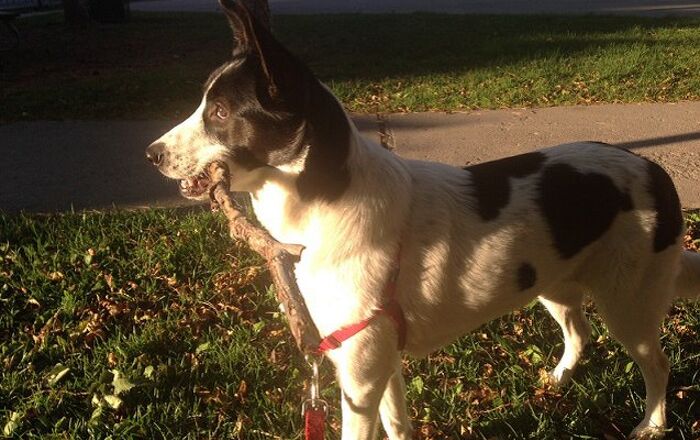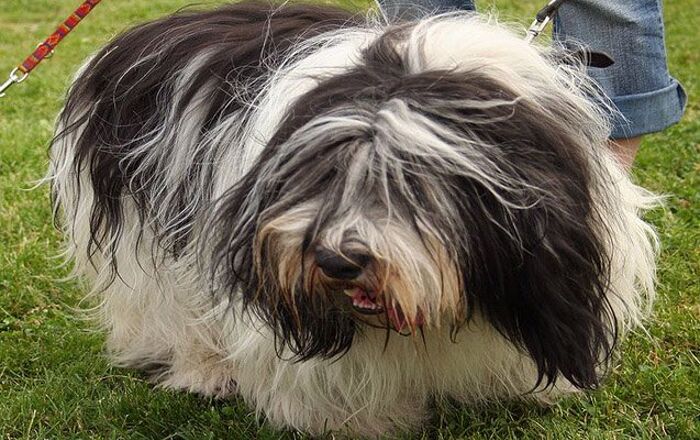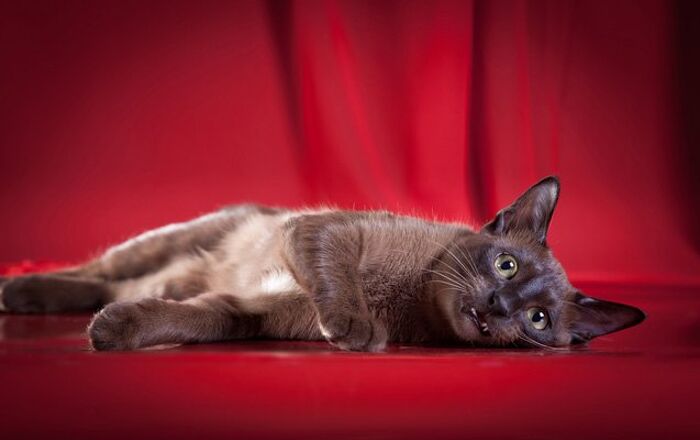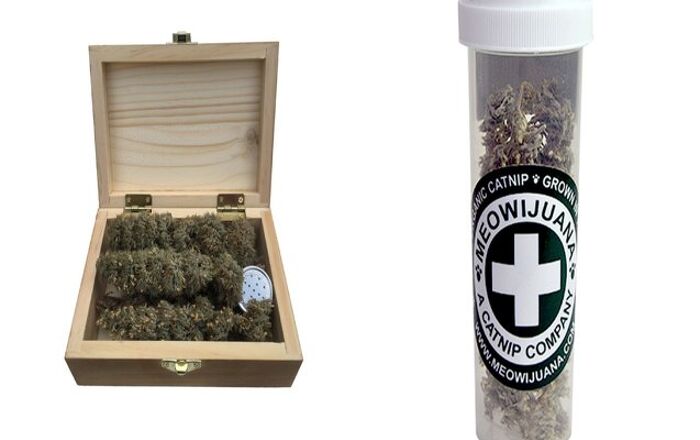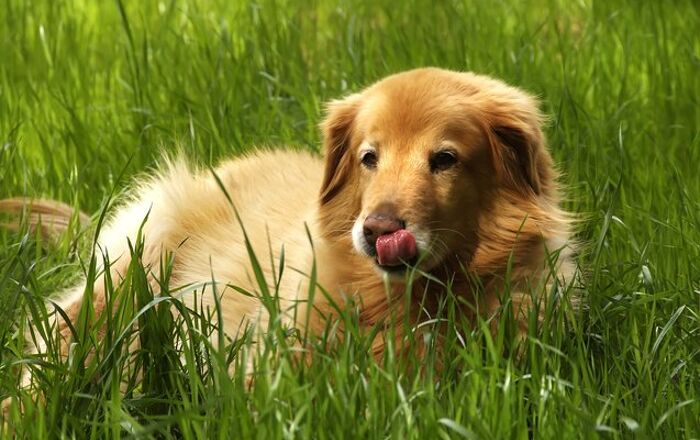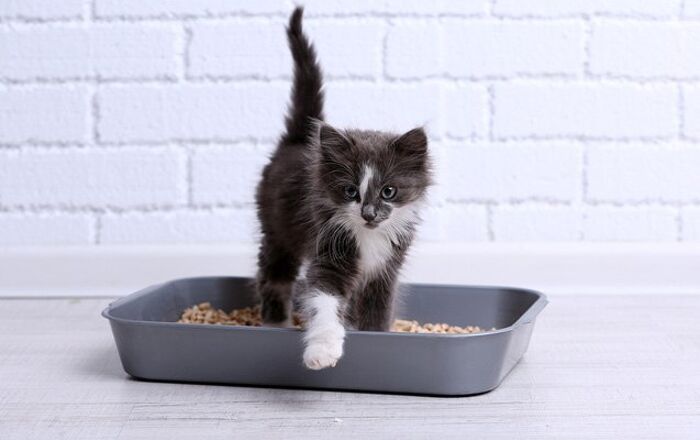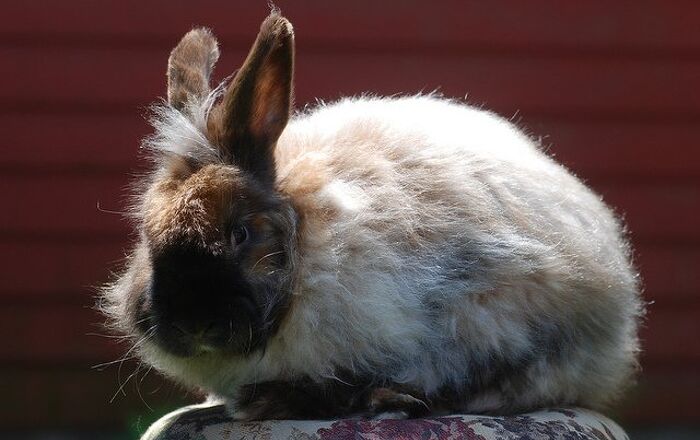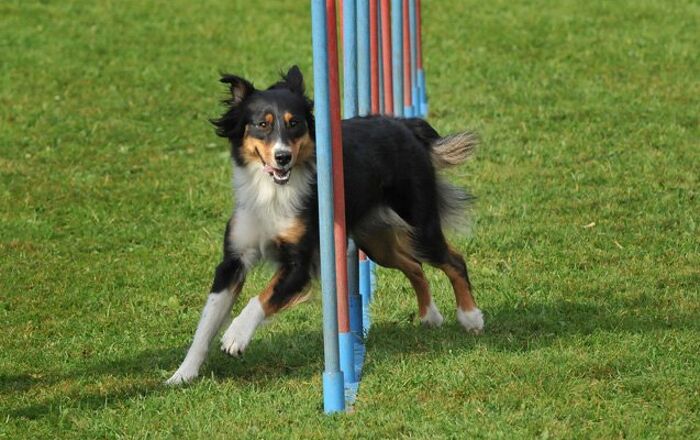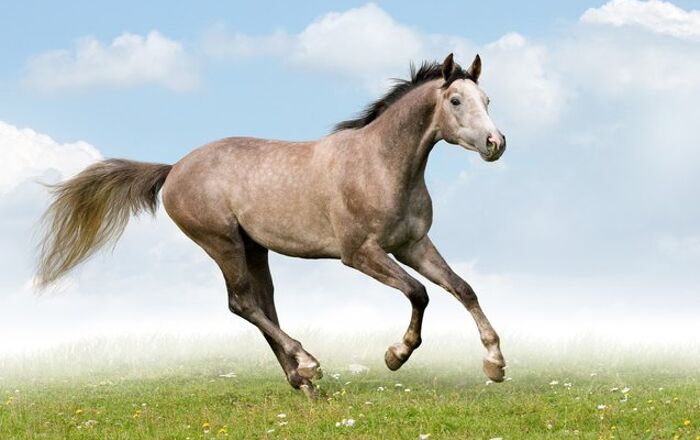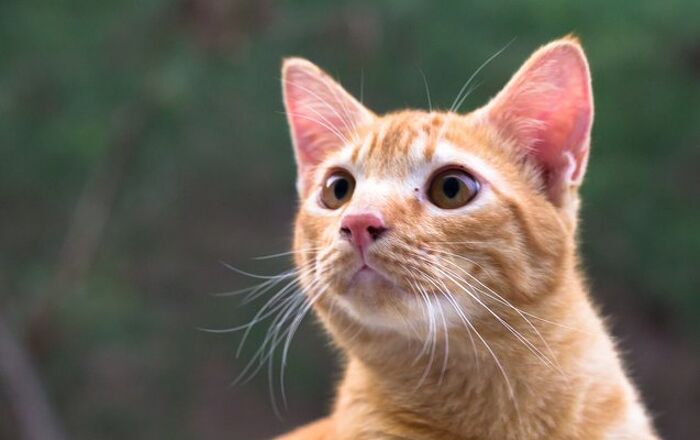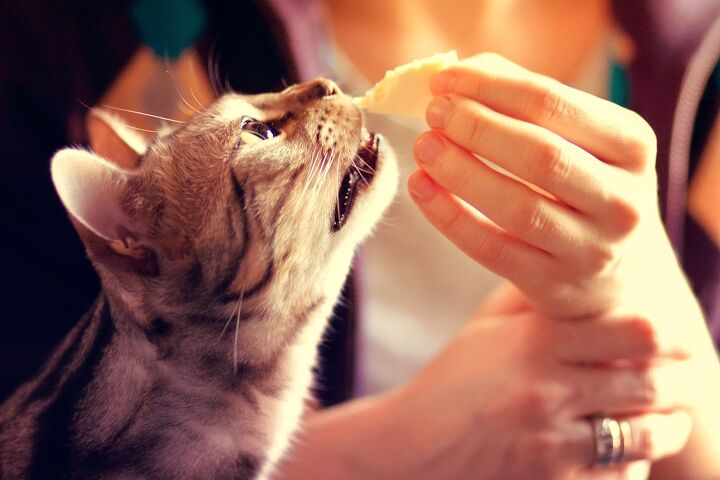
Does your cat have a taste for cheese? Before you feed her a piece, you should know if cats can eat cheese.
Some kitties are perfectly content eating whichever cat food you decide to feed them, while others also try to steal food off of your plate whenever they can. And some pet owners don’t mind sharing a bit of what they’re eating with their feline companions. While this might be fine if you’re feeding your kitty a food that’s safe for him to eat, it’s important to know that there are several foods that are safe for humans but bad for cats.
One category of food that seems to get plenty of interest from cats is dairy products like milk and cheese. So, a lot of pet owners have wondered if it’s a good idea to let cats eat cheese or if it’s something that should be limited or eliminated from a kitty’s diet.
Whether you’ve given your cat some cheese and he seemed to like it, or your cat looks at you like he wants a bite whenever you have cheese around, a commonly asked question is: can cats eat cheese? We did some research so we could dig into this topic below.
According to experts in veterinary medicine and feline nutrition, it’s actually not natural for kitties to consume dairy products, including cheese. Your cat is an obligate carnivore in need of meat, just like felines in the wild, so milk and cheese aren’t foods that your furry friend would necessarily need for overall health.
Related:Can Cats Eat Tuna?
Also, dairy products can cause kitties to experience gastrointestinal upset because many of them are lactose intolerant, and they tend to develop this intolerance after they are weaned as kittens. This basically means that they can’t produce the enzymes required to digest dairy properly. Symptoms like diarrhea or vomiting, as a couple of examples, might occur after a cat has milk, cheese, or other dairy products.
In addition to being lactose intolerant, many cats might also be allergic to dairy products like cheese. And if this allergy is present, it might cause symptoms even after only a small amount of cheese is eaten. Symptoms of an allergic reaction to cheese might include diarrhea, gas, vomiting, loss of hair, and patches on the skin that are red or itchy.
Note: If you want to avoid giving your cat dairy, be sure to read the ingredients label on any foods and treats that you’re feeding him, as some brands include cheese in their formulations.
Some cat owners will give their pets a bit of cheese every once in a while as a little treat. This might be fine, especially if your cat tolerates the dairy, but it’s best to keep it to a rare occasion.
Related:5 Foods You Should Never Feed Your Cat
Although cheese isn’t considered dangerous, it isn’t considered a part of a healthy or natural diet for cats either. But if your pet insists that you give him some, stick with a small amount of cheese that’s made from plain milk. Your kitty’s digestive tract might also tolerate cheese that’s made from goat’s milk, rather than cow’s milk, as it tends to be easier for cats to digest it. And, according to experts, you should avoid giving your kitty any blue cheese or cheeses that are described as rich.
Again, feeding a cat cheese isn’t generally recommended, but these suggestions are considered better options if you really want to give your kitty some cheese. And if your pet does experience any symptoms, such as gas or diarrhea, after having cheese, it’s best to just eliminate it from your pet’s diet altogether. With so many other feline-appropriate treats, there’s no need to stick with cheese if it doesn’t make your feline feel good.
If your cat likes cheese, you could ask your vet if you can use it as a means to get your frisky feline to take a pill. The cheese might be helpful if your kitty tends to give you a hard time when it comes to medicating him.
As an example, wrapping a pill in a slice of cheese, or even in a bit of cream cheese, might be enough to entice your cat to gobble it down, without having to struggle to get the pill down his throat.
Sure, there are kitties that love cheese and other dairy products, and have no problem eating those foods. But even if your kitty isn’t lactose intolerant or allergic to cheese, if he has been diagnosed with a medical condition, it’s a great idea to confirm with your veterinarian that it would be safe to continue giving your pet cheese as a treat.
For example, if your kitty has been diagnosed with a heart problem, your veterinarian might tell you that it’s best to eliminate cheese from his diet. And your vet might also tell you to stop feeding your cat cheese if he needs to be on a diet that is low in sodium for any reason.
Another thing to consider is the number of calories in cheese. Even a small amount of cheese might be surprisingly high in calories, so it’s wise to keep that in mind when deciding whether you want to provide this food as a treat or not, and when figuring out how often your kitty will be allowed to eat some cheese. Also, this is worth thinking about, whether or not your pet is on a calorie restricted diet, simply because maintaining a healthy weight is important for cats.
The general consensus among experts seems to be that dairy products like cheese aren’t really suitable for felines, so it’s recommended that you avoid getting your cat used to eating these foods in the first place. If, however, your furry friend seems fine with eating a small amount of cheese every now and then, and it doesn’t cause any symptoms like diarrhea, it might serve as a tasty treat. Just keep in mind that’s best to avoid overdoing it, so stick with small amounts on occasion.
Also, remember that your veterinarian or a feline nutritionist can be a valuable source of information when it comes to what to feed your unique feline companion. So, if you have any questions about what foods you should give to your cat, and which foods you should avoid, you can always talk to a veterinary professional for advice.
